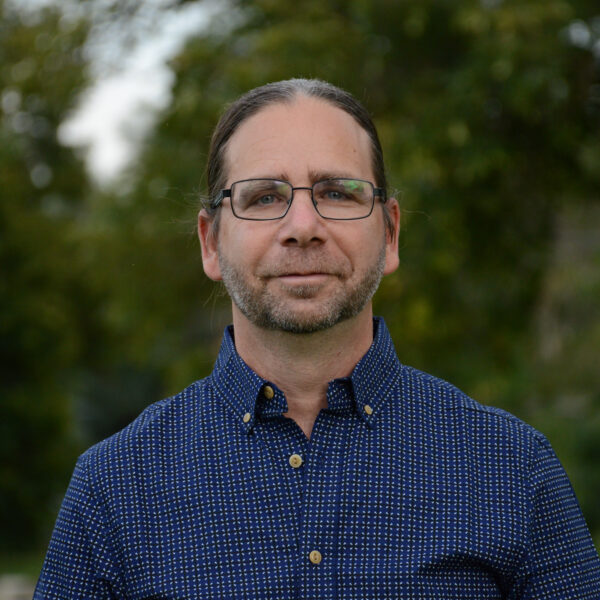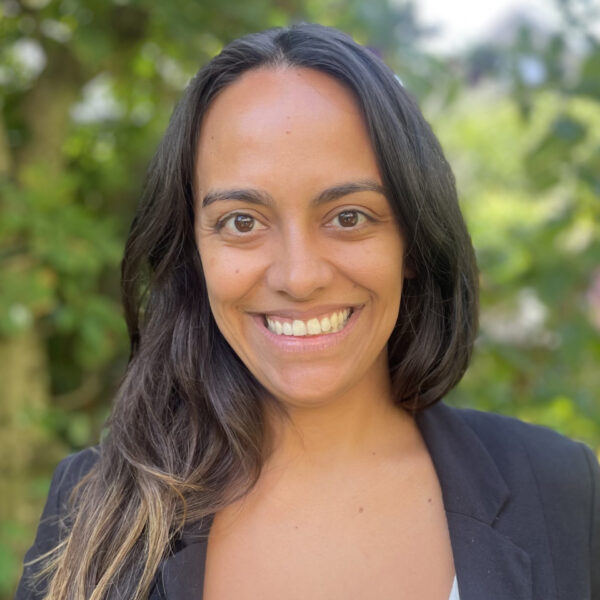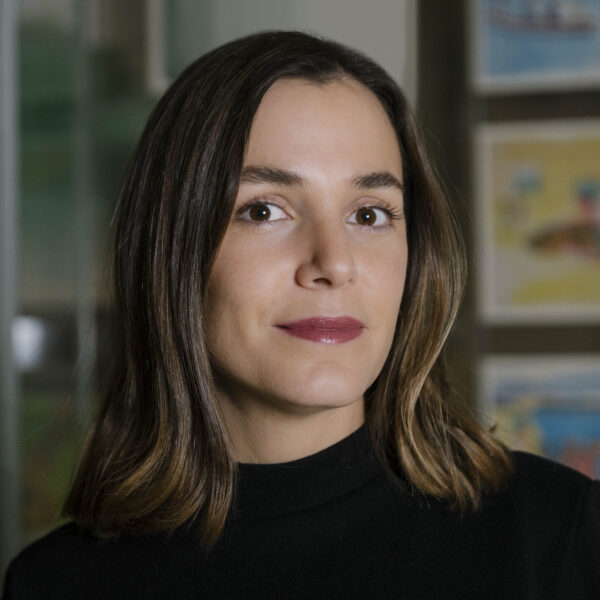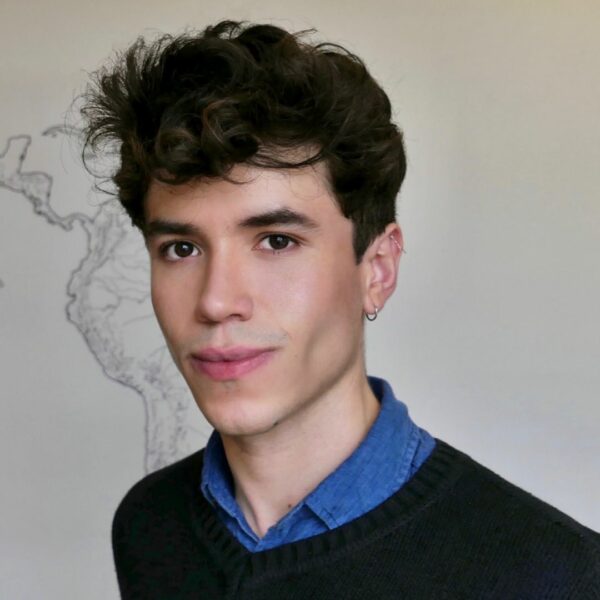Colonial map of Maracaibo Am2006,Drg.127 ©The Trustees of the British Museum |
 |
Meet the team

Danny Zborover is Director of the Santo Domingo Centre of Excellence for Latin American Research and Head of the Americas Section at the British Museum. As an anthropological and historical archaeologist, he collaborates with descendent communities in Latin America in the co-creation of community museums and the preservation of cultural heritage. Danny received his PhD from the University of Calgary and his MA from Leiden University, and held postdoctoral and teaching positions at various universities in North America. He directed and conducted research projects in northern and southern Mexico, Peru, Ecuador, US, and Canada, focusing on the study of long-term colonialism, territoriality, mobility, social memory, mining, and pirates.

Louise Cardoso de Mello is Head of the Santo Domingo Centre of Excellence for Latin American Research at the British Museum. She is a historian and anthropologist who specialises in Latin American archaeology, with an emphasis on Indigenous peoples and Afro-descendant communities in Amazonia. Louise has held affiliations with the University of Cambridge, Harvard University, Brazil’s National Museum and the Museum of Huelva, finally receiving her PhD from the Universidad Pablo de Olavide in Spain and the Universidade Federal Fluminense in Brazil. Her experience encompasses the development of community-based projects for the conservation and promotion of traditional knowledge, memory and heritage mostly in Mexico, Peru and Brazil.

Magdalena Araus Sieber is Digital Curator for the Santo Domingo Centre of Excellence for Latin American Research at the British Museum. Her professional background combines editorial management in digital journalism and exhibitions renovation in public museums. She holds a Bachelor of Arts in History from Universidad Católica (Chile), an Education degree from Universidad Gabriela Mistral and a Digital Humanities Masters, with focus on museums and technologies, from University College London. She also was Research Assistant in the project Curating Equality: applying systems thinking to achieve gender balance in the arts at UCL. Her practice is focused on developing digital strategies to enhance non-specialised audience engagement with heritage through new technologies.

Diego Atehortúa is Assistant Curator for the Santo Domingo Centre of Excellence for Latin American Research at the British Museum. His research and writing focus on the visual, material and expressive cultures of the Black Atlantic, with an emphasis on nineteenth-century Latin America and the Caribbean. He was previously a Fulbright fellow at the Federal University of Minas Gerais (UFMG) in Belo Horizonte, Brazil and has held curatorial roles at the Guggenheim Museum and Zimmerli Art Museum. Diego was also Research Assistant for the exhibition and publication of Relational Undercurrents: Contemporary Art of the Caribbean Archipelago at the Museum of Latin American Art (MOLAA) and with Duke University Press. He holds a Bachelor of Arts in Art History from Rutgers University, a Master of Philosophy in Latin American Studies from the University of Cambridge and a Master of Science in Visual, Material and Museum Anthropology from the University of Oxford.